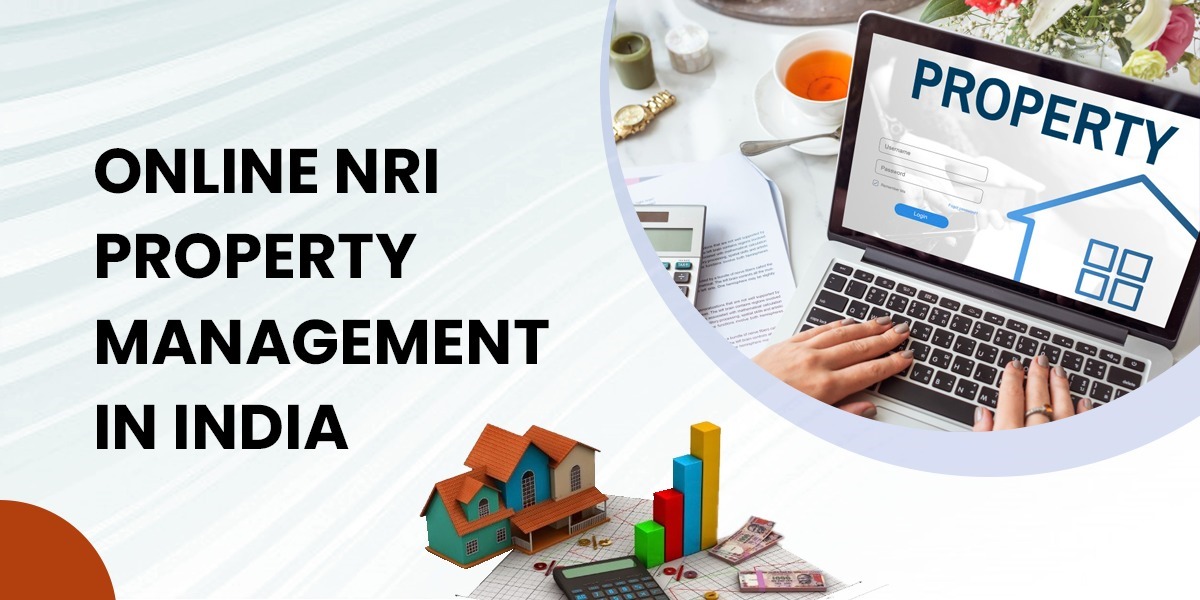Step-by-Step Guide: How Property Management Works in India

Imagine this — you own a flat in a metro city but live miles away, maybe in a different state or even another country. Now, who will find tenants? Collect rent? Handle repairs when that leaky tap starts dripping again.
That’s where property management services come in — like your personal assistant for real estate.
Let’s break it down step by step and understand how property management works in India.
Step 1: What Exactly is Property Management?
In simple terms, property management means taking care of a property on behalf of the owner. This includes everything from finding tenants, collecting rent, handling repairs, and ensuring all legal documents are in place.
Whether you own a residential flat, a villa, or a commercial space — you can hire a property manager to handle it all professionally.
Step 2: Types of Property Management Services in India
Not all properties are managed the same way. In India, these are the most common types:
- Residential Property Management – Flats, houses, and apartments for rent or lease.
- Commercial Property Management – Office spaces, shops, and warehouses.
- Vacation or Short-Term Rentals – Airbnb-type properties where maintenance and guest handling are required frequently.
- NRI Property Management – Services designed especially for Non-Resident Indians who want their property in India to be handled smoothly.
Step 3: How Do You Hire a Property Manager?
It’s not complicated, but a little research helps:
- Search and shortlist a few service providers in your city.
- Check reviews and speak to previous clients if possible.
- Ask for a detailed proposal of what services they offer and the cost.
- Verify credentials – Ensure the company is registered and has experience.
- Sign a service agreement that clearly outlines responsibilities, timelines, and fees.
Good property managers are transparent, responsive, and proactive.
Step 4: How Much Does It Cost?
Most property management companies in India charge either:
- A percentage of monthly rent (typically 8–10%)
- Or a flat annual fee
Some also charge extra for things like tenant search, legal paperwork, or major repairs. Always ask for a complete breakup of charges to avoid hidden costs.
Step 5: Legal & Paperwork Support
Another major benefit? Legal support. A good property manager helps with:
- Drafting and registering rent agreements
- Verifying tenant background
- Handling security deposits and rent receipts
- Dealing with eviction (if needed)
They also ensure compliance with local laws like RERA, municipal rules, and society guidelines.
Step 6: Role of Technology in Property Management
Gone are the days of visiting your property every weekend. Most modern services offer:
- Mobile apps for rent tracking and updates
- Digital inspection reports with photos/videos
- Online rent payments
- Maintenance request tracking
Some even offer live video tours of your property!
Why Should You Consider Property Management?
Let’s be real — managing property is time-consuming and can be stressful. Here’s why hiring a manager makes sense:
- Peace of mind
- Saves time & effort
- Professional tenant handling
- Regular maintenance
- No awkward money talks with tenants
Conclusion: Is It Worth It?
If you own a property that you're not living in — especially if you're busy, live far away, or simply want a hassle-free experience — property management can be a game-changer.
It turns property ownership into a passive investment rather than a full-time responsibility.
.jpg)

-(1)-(1).png)


